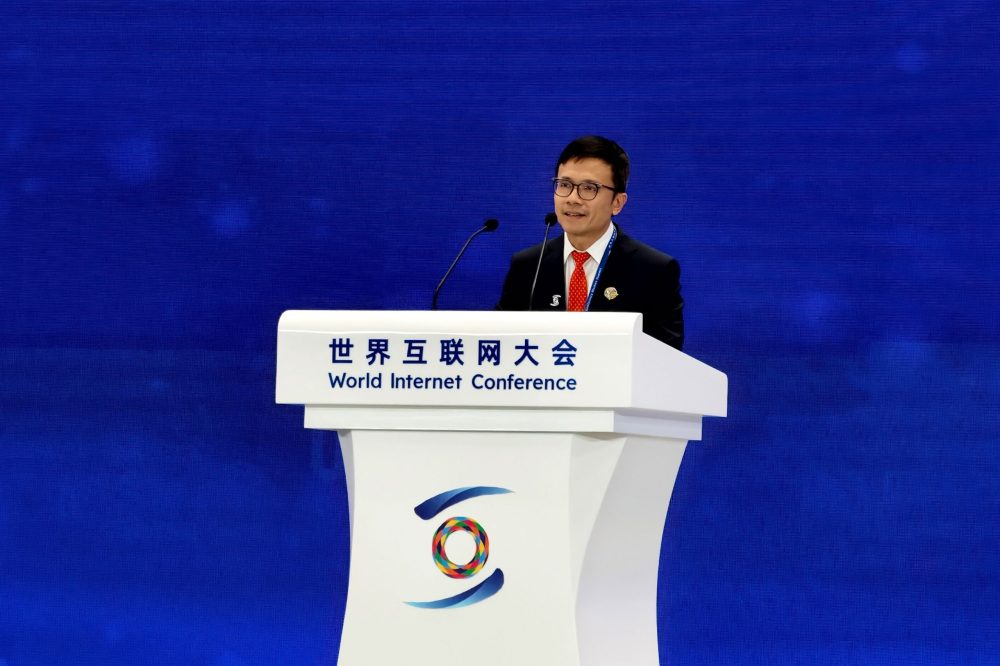Top executives from Lalamove, the leading on-demand delivery platform, joined leading economists, internet giants, and representatives from research institutions at the 2024 World Internet Conference (WIC) Wuzhen Summit, discussing the digital economy, innovations in artificial intelligence (AI), governance, and trends for future growth.
Lalamove’s Founder and Chief Executive Officer, Shing Chow, shared his views on “Internet+” during the summit’s principal forum. “When I first started the business, the prevailing trend was to introduce advanced products and technologies from abroad.
“A decade later, China has advanced significantly across sectors and has begun to export these innovations internationally. This shift from ‘Copy to China’ to ‘Copy from China’ represents the most remarkable transformation I have witnessed in my entrepreneurial journey.”
Chow further elaborated on the “Internet+ Freight” model, which began to emerge a decade ago and was crucial to Lalamove’s growth, leveraging the opportunities presented by the burgeoning internet.

The most notable change that the internet has brought to logistics is enhancing efficiency to reduce operational costs, aligning with the Chinese government’s emphasis over the past year on reducing overall logistical costs.
Lalamove has improved the efficiency of matching vehicles with goods through the integration of digital automation and AI technologies, connecting the four crucial elements of logistics: people, vehicles, goods, and routes.
These advancements have substantially reduced idle times and expedited the processing of delivery orders, achieving annual savings exceeding 10 billion RMB for the mainland market. Merchants can now swiftly match with suitable vehicles in just 10 seconds on the Lalamove platform, while flexible job opportunities are available for nearly seven million driver partners.
Lalamove’s Chief Operating Officer, Paul Loo, emphasized the company’s rapid growth within the Greater Bay Area and its strategic expansion into global markets. Lalamove operates in over 400 cities across Asia, Latin America, and Europe, the Middle East, and Africa (EMEA), with recent entries into Japan and Türkiye.
Paul Loo highlighted that the substantial talent pool, resources, and supply chain in mainland China hugely contributed to Lalamove’s global success. “We rigorously tested and improved our product strategies within the domestic market, substantially boosting our competitive edge globally.”
Lalamove employs the ‘glocal’ strategy, adapting its global playbook with highly localised operations to effectively serve small and medium-sized enterprises (SMEs), driver partners, and individual customers across its markets.
“To overcome the challenges of scaling internationally, we depend on an extensive global workforce and uniform data practices,” Paul Loo explained. All regional leaders are thoroughly versed in the company’s overarching development strategy and customise this approach to accommodate local nuances.
“By ensuring our diverse teams utilise standardised data practices, we align all leaders with the company’s strategic objectives, which minimises communication costs and enhances operational efficiency.”
Over 80% of Lalamove’s international users are SMEs, and the company is dedicated to aiding SMEs in reducing their logistics expenses through the digitalisation in logistics and the application of AI, allowing them to deliver goods efficiently year-round and seize new opportunities.
Looking forward, Lalamove is committed to advancing technological innovations, including the exploration of AI assistant services for users and driver partners.












